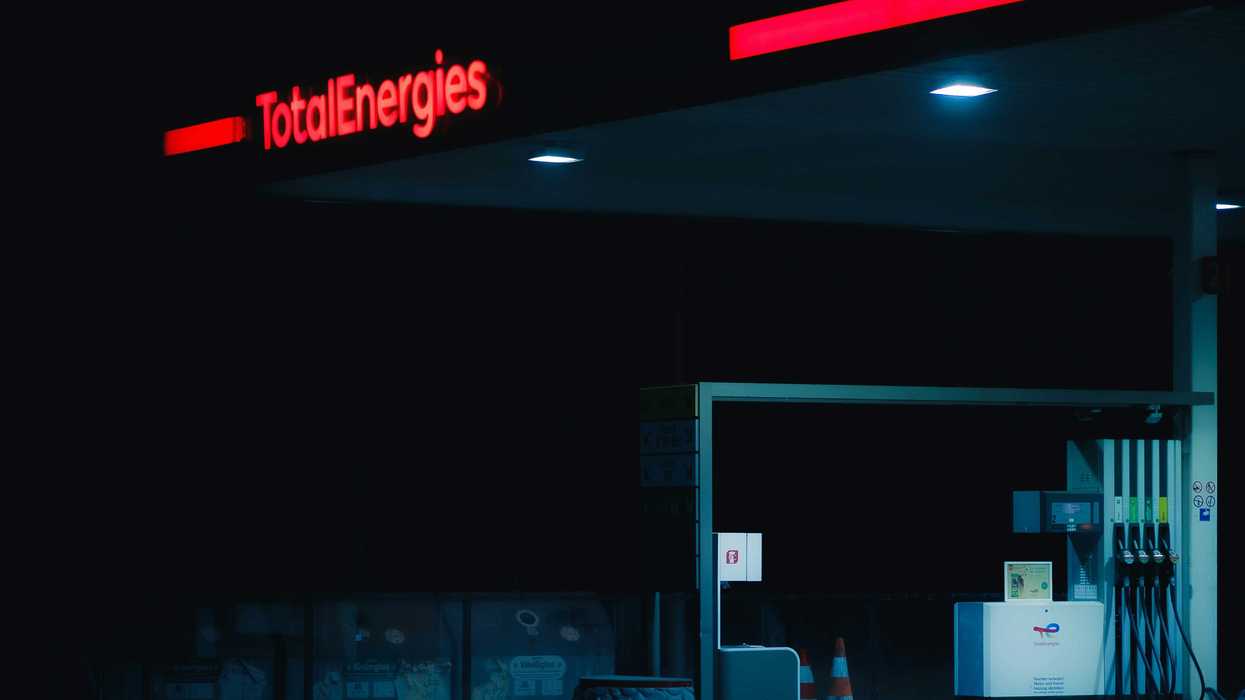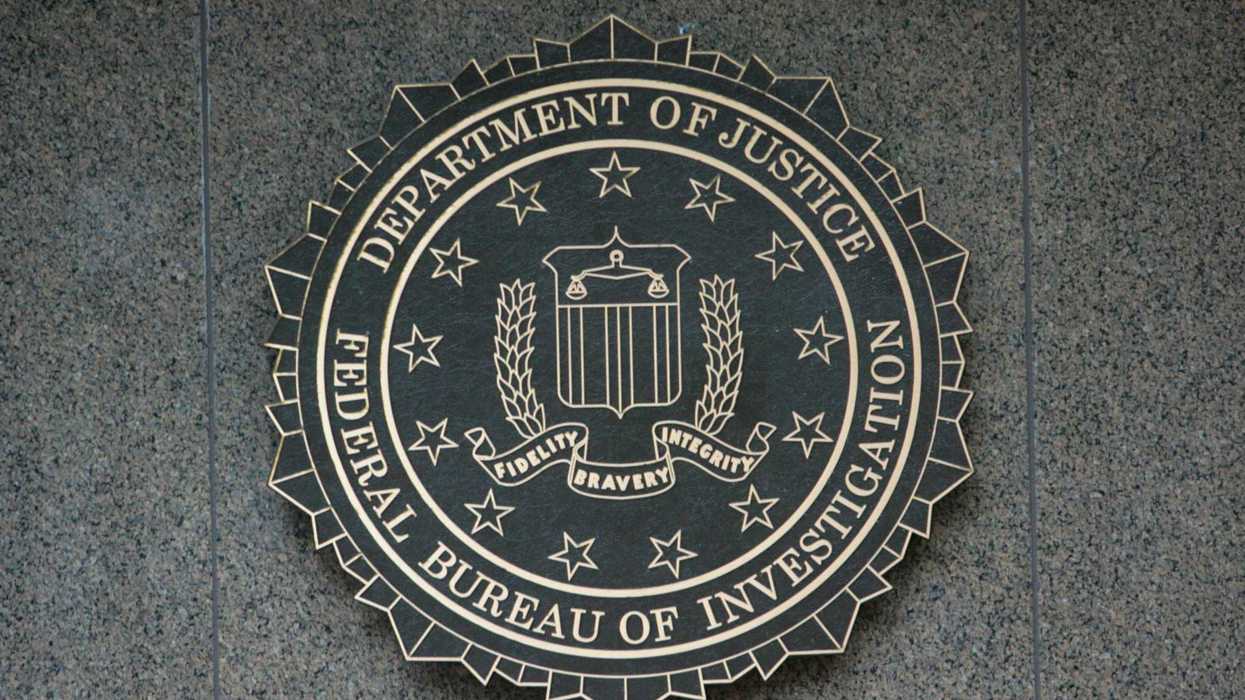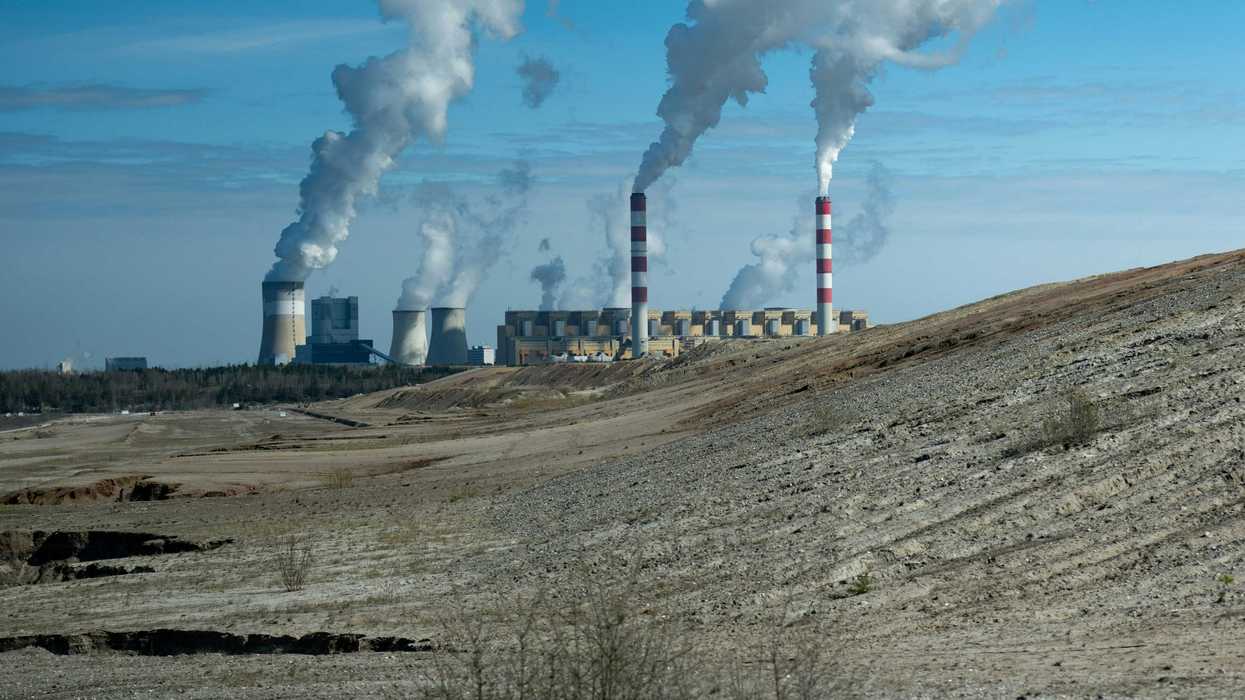In the balance between public health advocacy and civil rights concerns, the potential nationwide ban on menthol cigarettes stirs controversy.
Ken Alltucker and Eduardo Cuevas report for USA TODAY.
In short:
- New York Assemblymember Rodneyse Bichotte Hermelyn is advocating for a menthol cigarette ban, citing the disproportionate impact on Black communities from targeted tobacco advertising.
- The proposed ban faces significant resistance from both the tobacco industry and civil rights groups worried about increased policing of Black neighborhoods.
- The Biden administration's Office of Management and Budget has delayed finalizing a rule on the menthol cigarette ban, reflecting deep divisions on the issue.
Key quote:
"The African American community will choose health and life over flavored cigarettes."
— Derrick Johnson, president and CEO of the NAACP
Why this matters:
The public health concern is stark: research indicates that menthol cigarettes are particularly harmful due to their ease of use and the enhanced addictive properties provided by menthol. These products have been aggressively marketed to specific demographics, notably within African American communities. According to data, a disproportionately high percentage of African American smokers prefer menthol cigarettes compared to other racial groups, a result of targeted advertising strategies that have been in place for decades.
“No research on us without us": Prioritizing inclusion in environmental health.














